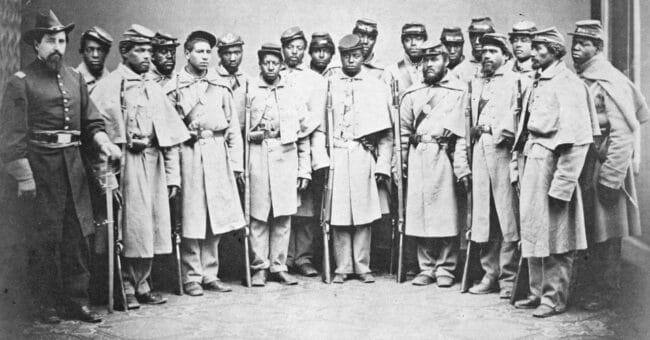
Soldiers with the 25th regiment of the U.S. Colored Troops (USCT) Company during the Civil War. Photo courtesy of NMAAHC.
In November of 1863, Sgt. William Walker organized his soldiers to put down their weapons to protest the Union policy of paying Black soldiers only a fraction of what was paid to white soldiers. Walker, a formerly enslaved man, served as an officer in the Third South Carolina Volunteers.
Walker and his soldiers told their Colonel, Augustus Bennett, they “would not do duty any longer for seven dollars per month.” In a detailed article titled with the same quote in American Heritage, author Otto Friedrich describes the terrible working conditions for Black soldiers:
All Black recruits received the same seven dollars per month, regardless of rank. And they soon found that their white officers could be as harsh as any slavemasters. “For an account of the treatment that has been given to the men of the 3rd Regt S. C. Vols by a large majority of their officers,” Walker declared at his court-martial, “nine-tenths of those now in service there will be my witness that it has been tyrannical in the extreme.” Walker’s judgment was corroborated, after his death, in a statement by a Col. P. P. Browne of the provost marshal’s office, about some other Blacks accused of taking part in Walker’s “mutiny.”
All his interrogations, said Colonel Browne, led him to the conclusion “that during the summer and fall of 1863 . . . the regiment . . . was under bad management and in a greatly demoralized condition; … that several of the officers who had most to do with these men have either been dismissed [from] the service or are under charges which will cause their dismissal; . . . that being made up of South Carolina Slaves their great ignorance of their duties and responsibilities as Soldiers led them to commit errors which more intelligent men would have avoided; . . . that the officers or the Regiment were [more] to blame than the men.” Read more.
Pay was not the only area of inequality. Black troops died at three times the rate of white troops. This was because not only were they assigned the hardest, harshest work duties, they were often denied access to medical care.
Walker was convicted of mutiny on Jan. 9, 1864, and killed, one of nineteen Union soldiers executed by the Union army for mutiny during the Civil War, fourteen of whom were Black.

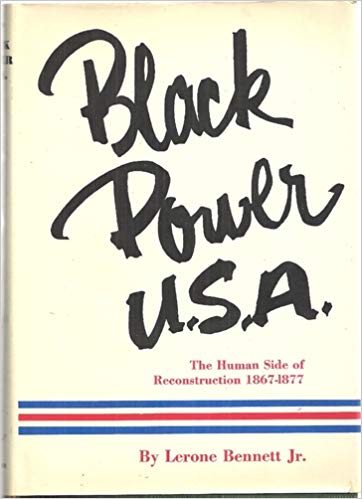

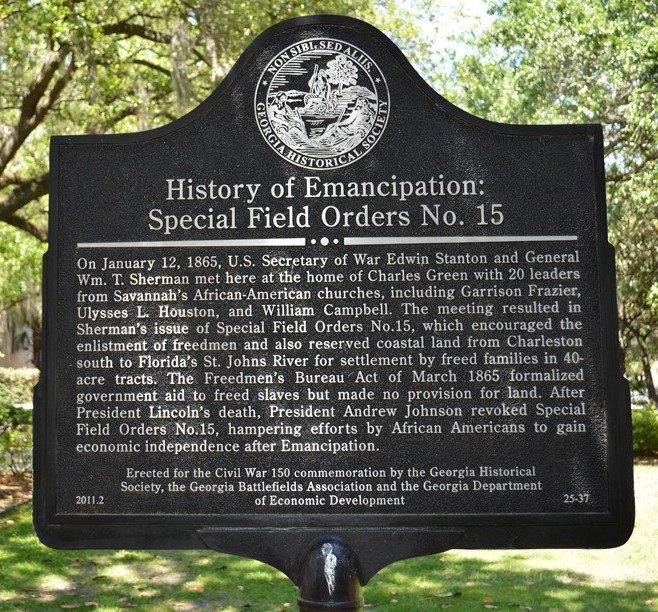
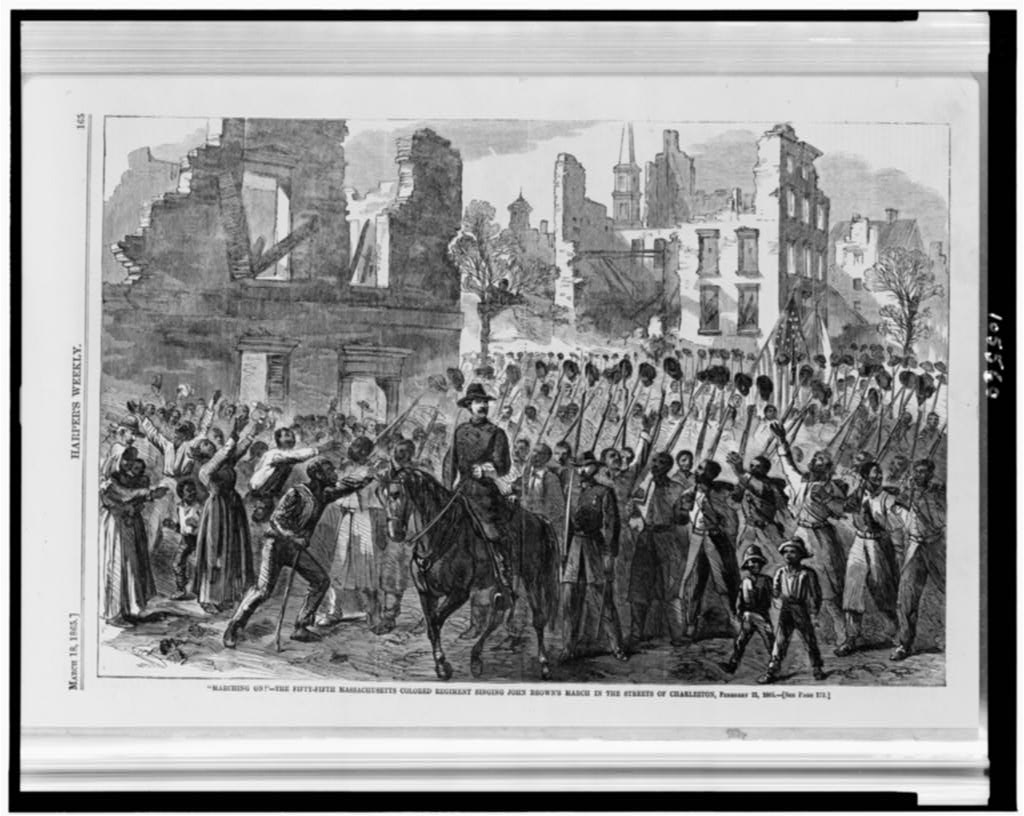
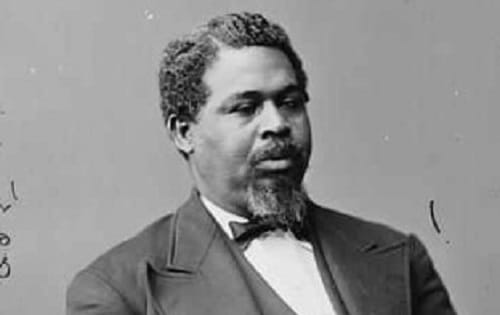





Twitter
Google plus
LinkedIn